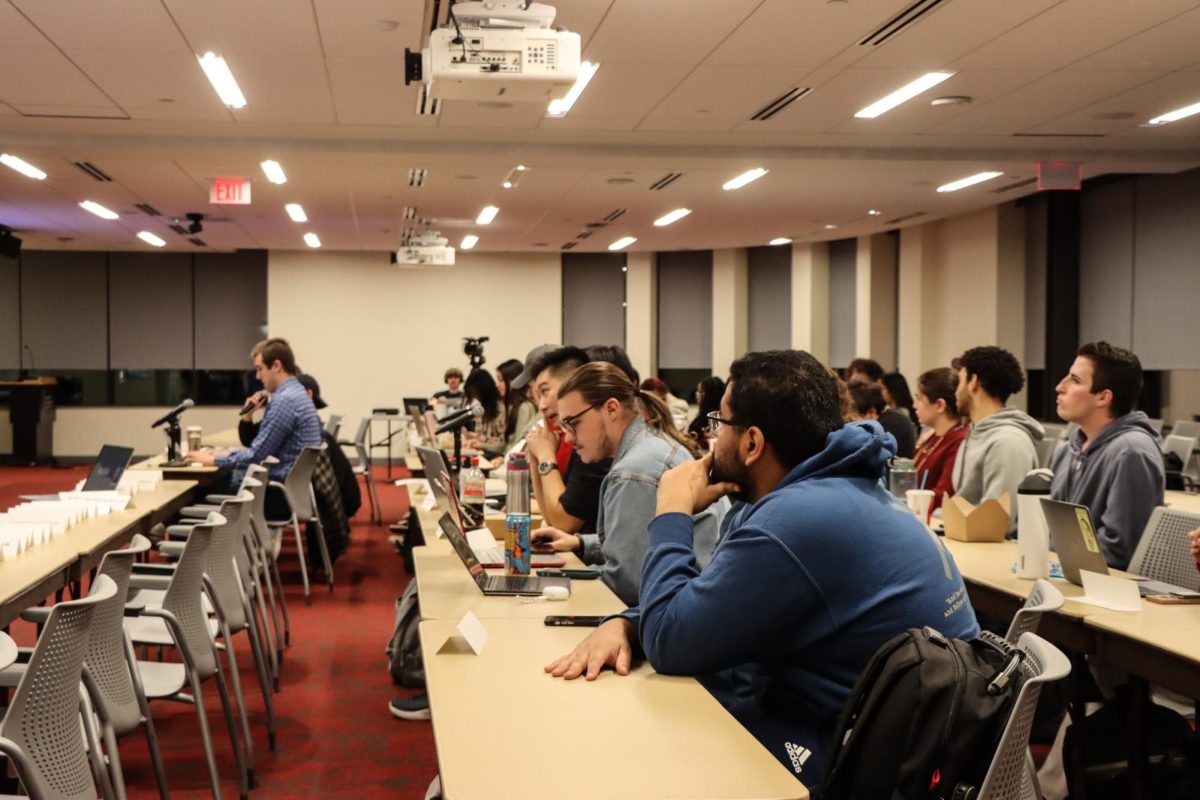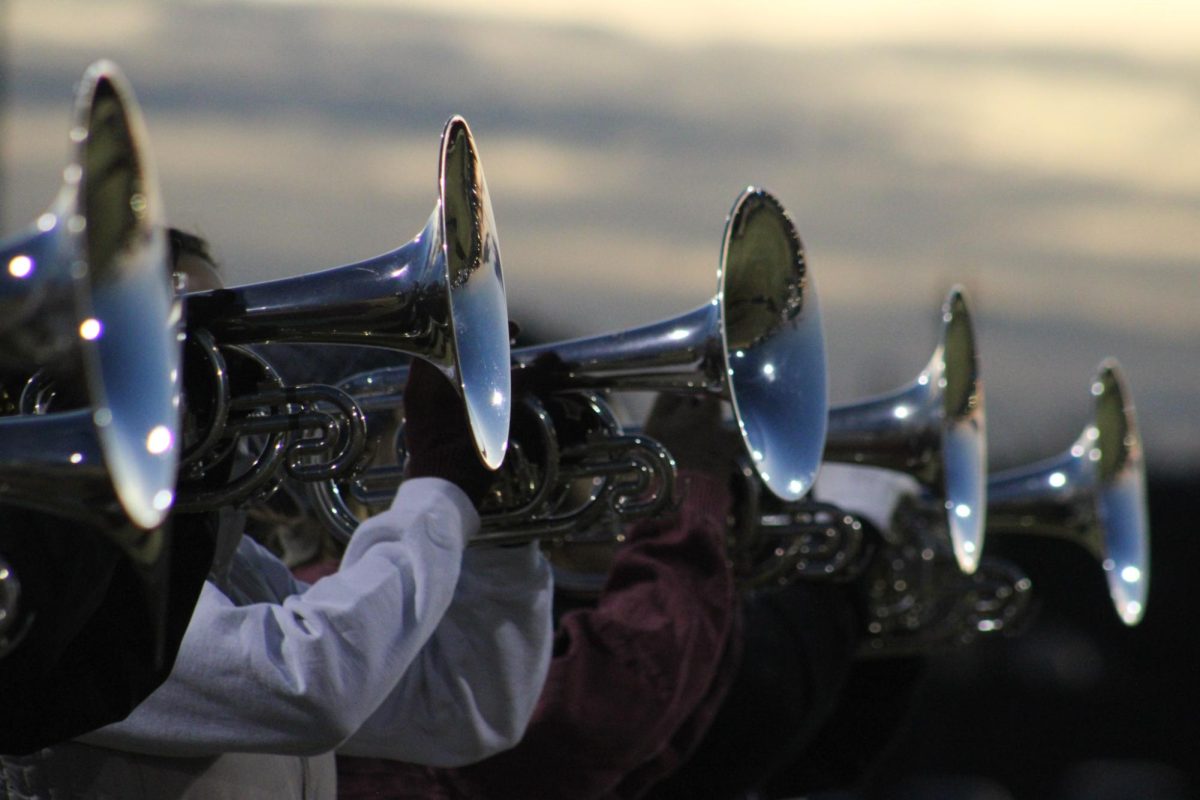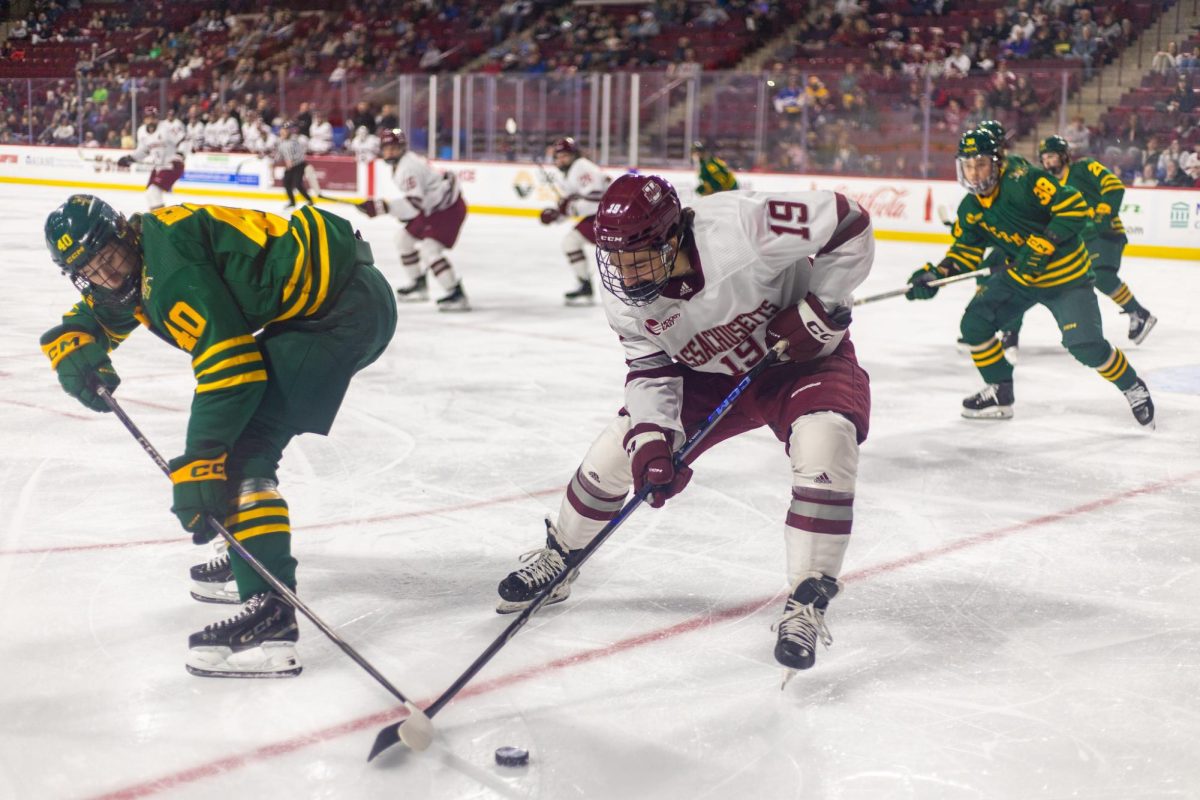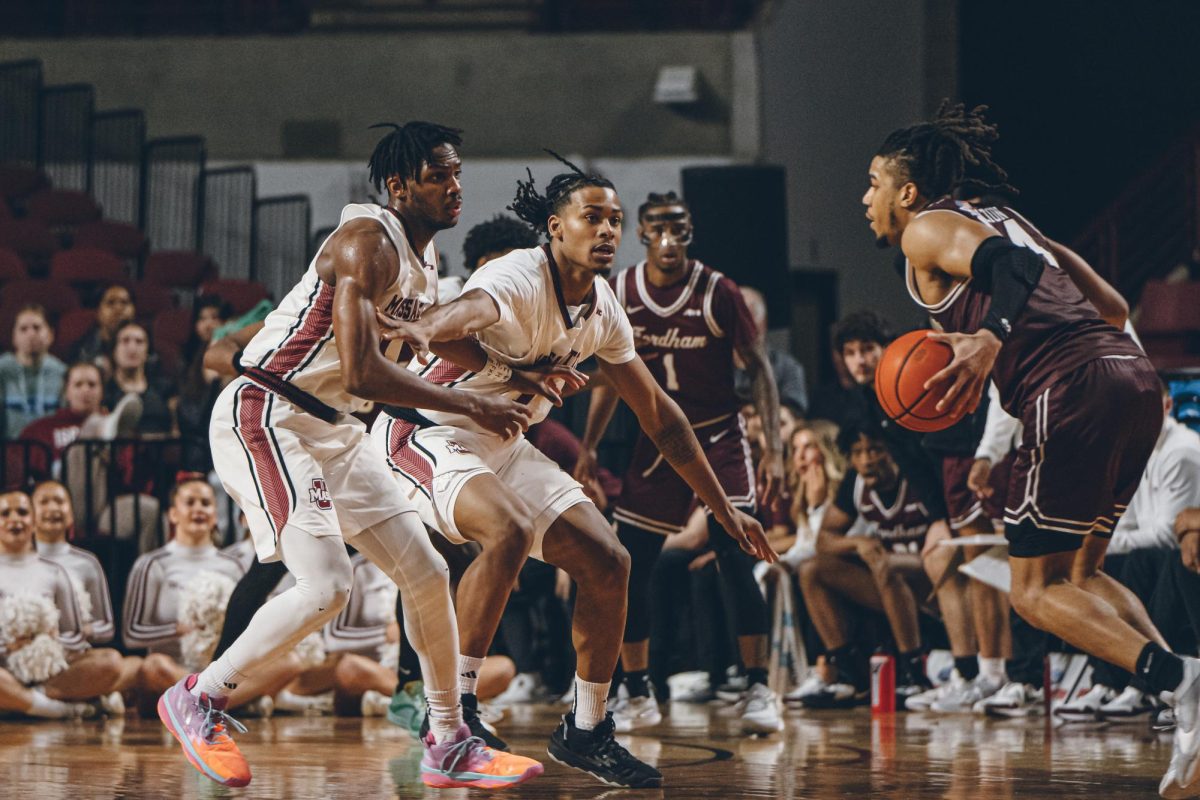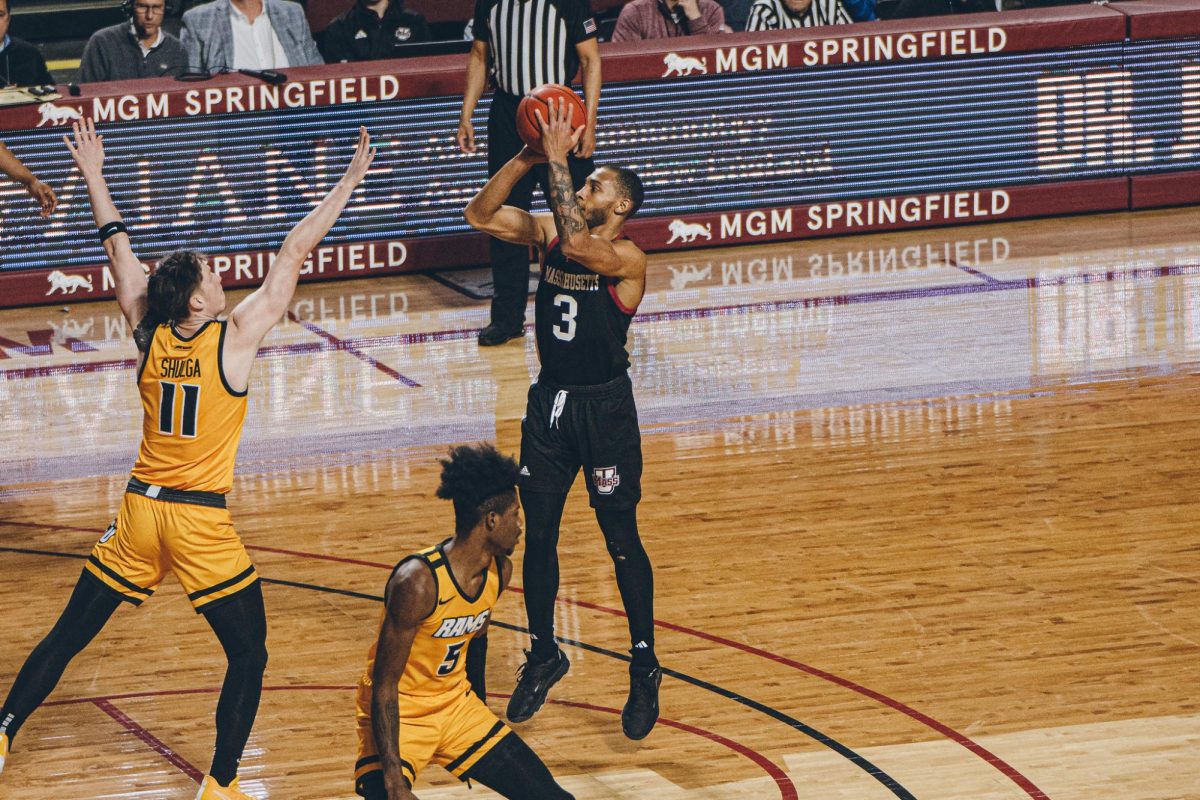Are large, out-of-control parties bringing back a school nickname some hoped would be lost?
Two years ago, on Sept. 21, then vice chancellor of student affairs Javier Cevallos announced to the faculty senate that the University of Massachusetts had been taken off the Princeton Review’s ranking of top party schools.
The review and college preparatory service ranks schools in a variety of categories including several quality of life concerns. UMass still holds the number 17 rank in the “reefer madness” category.
In its January 1987 issue, Playboy Magazine took the opportunity to place UMass among the ranks of party-oriented institutions. The magazine placed the higher-ed institution 35 on its top 50 list in its one-time-only rankings of top 50 party schools. The ranking rated schools based on alcohol-related parties.
Tim Maki, a supervisor at Liquors 44 in Hadley, MA, said that he sells kegs as part of his business, but couldn’t say whether or not college students are the primary purchasers. “They’re sold regularly but I don’t see an increase compared to other years.”
Maki makes sure that his employees follow strict government regulations. Liquors 44 uses card scanners and also use a photoscope to take pictures of IDs. Regulations are enforced, he added, because of the close proximity to the five-college area.
However, two years after losing its standing as a top party school, events are bringing attention back to the party atmosphere of the Amherst campus and surrounding area. This weekend a party at the Townehouse apartments was broken up by officers from the Amherst police department, dressed in riot gear.
According to a police announcement, 700 to 1,000 individuals were gathered in the “quad” – an area between four of the buildings at the Meadow St. apartment complex. The police were called to the condominiums after receiving complaints of “a large and unruly party.”
It took officers 90 minutes to clear the area of partiers. Officers, dressed in riot control gear, faced cans and bottles as they tried to disperse the crowd. A beer bottle was thrown through the rear windshield of one of the department’s cruisers.
Stephen M. Gill, a 19-year-old university sophomore, was arrested and is being charged with being a disorderly person. Gill, a Newton, MA native, declined to comment on the charges.
Amherst Police said there were a number of beer bottles thrown through windows and several intoxicated individuals at the party. Alcohol and parties have long been linked.
“It was absolute just masses of people crammed into what I thought was a larger space,” said Jess Enos. Enos went to the party Saturday with her roommate Caitlin Crosby. Both Enos and Crosby left the quad shortly after arriving.
“It didn’t have a very positive or safe vibe,” Enos said. The two sophomores drove to the party. When they reached Meadow Lane they said that “people were tumbling out into the road and bumping into the car.”
The size of the party was unusual, said Crosby. The girls have gone to parties at the Townehouse apartments before, they said, but nothing as large as Saturday’s gathering.
“I’m someone who likes loud parties and that’s what I normally do over the weekends,” said Josh Gigliotti, a UMass senior. Gigliotti left the quad after 20 minutes, unhappy with the atmosphere. “There was a huge amount of people in a small space … There were a couple brawls that were breaking out,” he said.
He compared the vandalism and atmosphere of the Townehouse party to the destructive scene he has seen in the residence halls. “It was the same sort of attitude that people have in my dorm over the weekends when people rip shower curtains off.”
Gigliotti said that advertising large-scale parties leads to the large number of people seen at the weekend party. A management official who answered the phone at the Townehouse office estimated that it would take more than double the number of residents in the complex to fill the quad area. The official declined to comment further saying that she was trying to keep a very middle-of-the-road view of the situation.
Some disagree, saying that the atmosphere of Saturday’s gathering is typical and not a cause for concern.
“Personally I thought it was a great time,” said Ian Gendler. Gendler lives in the nearby Puffton Village apartments. After moving off-campus he said that he started to hear about parties in the apartments more often. However, he does not consider them a problem, and most stay more intimate.
“Usually it doesn’t get to that capacity … this was somewhat organized,” said Gendler. At Puffton, he added, strict policies keep residents from hosting large-scale parties. “I had a gathering at my house a few weeks ago and everything stays pretty controlled.”
Living at Puffton, Gendler said that he has seen police on patrol and knows that the management is very careful about keeping things under control. “They do notify you and they do give you warnings,” he said. This may be one reason parties do get out of control, he said. “I think maybe there are more restrictions now, and people try to go against authority.”
Another problem, Gendler speculated, is that when parties involve a large number, a negative stigma is cast on the students who are there. The perception that Saturday night’s gathering was large and unruly is inaccurate, he added. “At no point when I was there was it out of control,” Gendler said. “It’s a big area, but it wasn’t really crowded …. There was plenty of space.”
Lieutenant Robert Thrasher of the University of Massachusetts Police Department deals with large parties and gatherings on a regular basis. Thrasher heads the department’s crowd control team. He said the UMPD encounters large parties and “celebratory gatherings.” A crowd the size of Saturday night’s is part of being in a college area.
“We work in a collegiate atmosphere, you’re always going to have large crowds,” he said. UMPD compares crowds with hurricanes; the outer “blues and greens” are not the concern. Instead officers try to focus on the “oranges,” the students at the center of the crowd.
This core group of individuals is usually ruining everybody’s night. “They [most people] want to go have a good time and part of that good time is not watching some jackass making a fool of himself or others,” he said.
Events such as Saturday’s party bring negative press coverage to campus, Thrasher said. Most large-scale events, such as concerts, rallies and celebratory gatherings come and go without any incidents, but officers train for such occurrences, said Thrasher.
“I wasn’t up at Amherst the other night and I don’t know really what happened but I think you have to expect a certain amount of this type of problem in a college atmosphere.”

